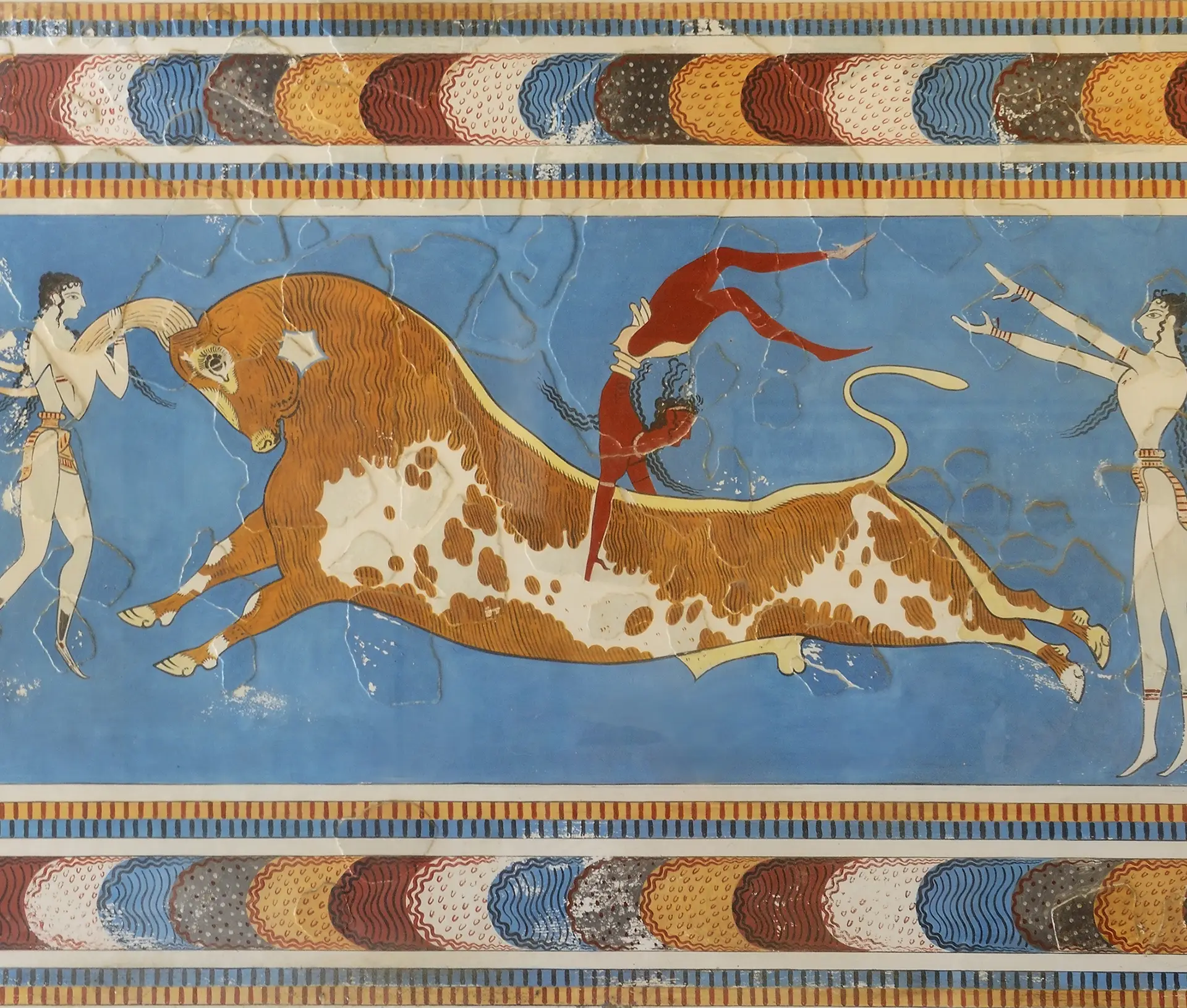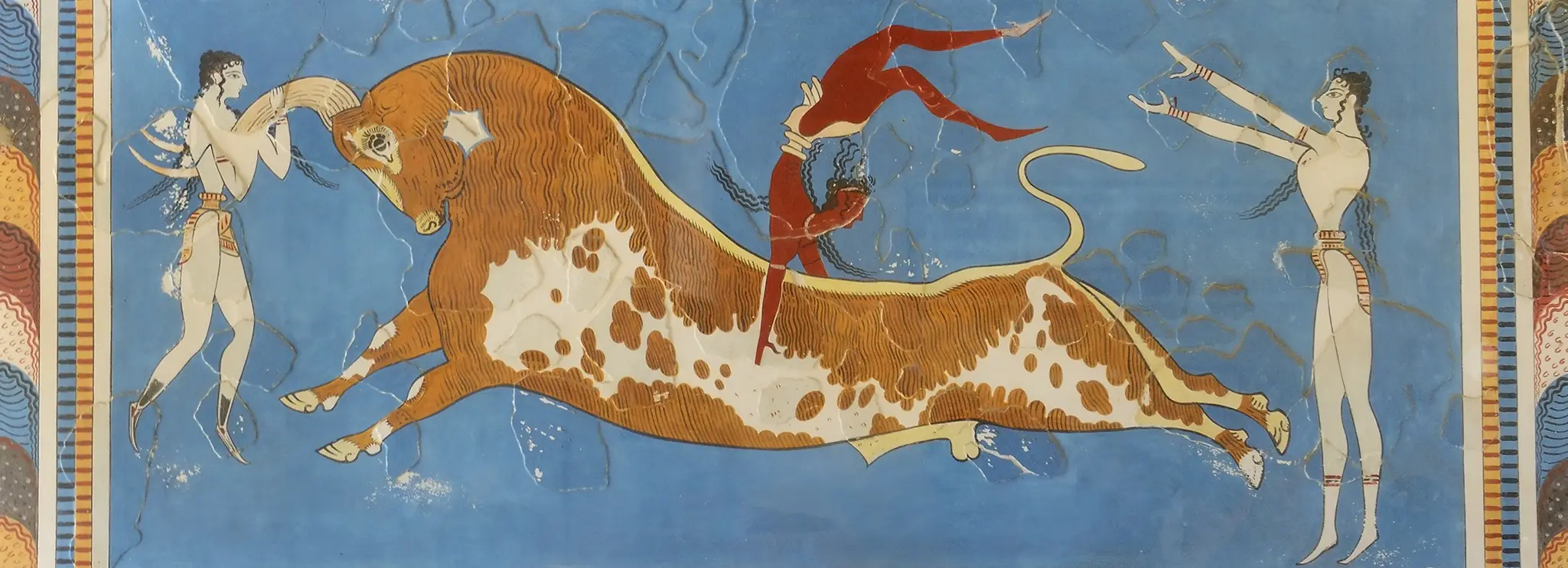Growing Together Professionally:
Transformative Communities of Practice as Developmental Spaces
"Earth, isn’t this what you want? To arise in us, invisible?
Is it not your dream, to enter us so wholly
there’s nothing left outside us to see?
What, if not transformation, is your deepest purpose?"
― Rainer Maria Rilke
March 12th - April 30th
A Seven-Week Online Course with
Aftab Omer
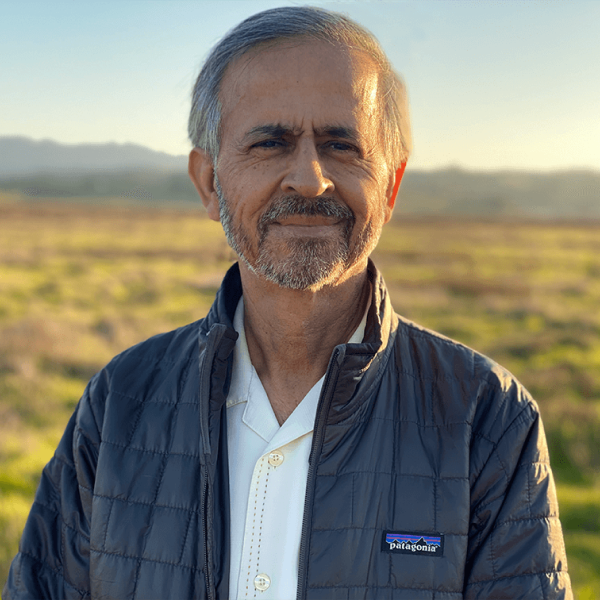
Aftab Omer
Aftab Omer, Ph.D. is the president of Meridian University which offers degree and professional programs globally, emphasizing the power of transformative learning.
He is a sociologist, psychologist, developmentalist, and futurist. Raised in Pakistan, India, Hawaii, and Turkey, he was educated at the universities of M.I.T, Harvard and Brandeis. His publications have addressed the topics of transformative learning, dialogic capability, developmental power, cultural leadership, civil society, generative entrepreneurship, and the power of imagination.
Aftab’s advising work focuses on team development and on leveraging the creative potentials of conflict, diversity, and complexity. Formerly the president of the Council for Humanistic and Transpersonal Psychologies, he is a Fellow of the International Futures Forum and the World Academy of Arts and Sciences.

Course Description
This course is for aspiring, early, and mid-career developmental practitioners, who may choose to identify professionally as coaches, consultants, managers, therapists, teachers, entrepreneurs, or leaders.
Life, for most people, is difficult. Growing, especially growing together, is not easy. There are many indications, both globally and locally, of cultural crises that are worsening with each passing day. Such crises engender collective trauma but at the same time, whole communities normalize development-eroding conditions. This is due in part to the absence of effective developmental practice. Without developmental leadership, such crises result in the institutionalization of structural and cultural violence.
Evolutionarily and historically, human communities have flourished based on the great transmission of human development through the means of culture. During cultural crisis, the transmission of individual and collective capability diminishes or even breaks down as families and communities no longer serve as nurturing developmental spaces. At such times in the past, individuals have responded to cultural crisis by initiating communities of practice that are personally and culturally transformative, thereby re-igniting both inner and outer development.
Associated with increasing technological and social complexity, these cultural crises are embedded systemically within the polycrisis of the system-world – a cascade of multiple crises, at once. They manifest variously in such areas as conflict, climate, finance, food, water, and health.
Modern and postmodern societies are organized to manage complexity through professions that promote inner development. This course looks at how developmental practitioners such as coaches, therapists, managers, generative entrepreneurs, and transformative leaders can initiate and sustain transformative communities of practice. Such communities of practice generate a cultural commons in the service of transforming professions while also fostering the personal and professional development of community participants.
Course Modules
- Corrupt Character, Corrupt Information: The Collapse of Common Facts.
- Normalization and Institutionalization of Violence
- Development is a Sacred Mystery
- Development Requires Liminal Spaces
- Cultural Crisis and Complexity Gaps: Culture as Collective Mind
- Engaging the Unknown Unknowns
- Inquiring and Intervening Upstream from Problem Location
- Emergence Promotes Coherence
- Collaborating at the Speed of Flow
- Development is Multidimensional: Ecologies of Capabilities
- Culture Constrains and Enables Developmental Trajectories
- The Violent Interaction of Developmental and Cultural Trauma
- Developmental Power: Embodying and Institutionalizing the Force of Goodness
- Developmental Asymmetry
- Transformative Learning as a Wisdom Journey
- Learning as Training vs. Learning as Development
- Growing Minds, Transforming Mindsets
- The Shadow of Mindfulness: On Not Losing One’s Mind
- Belonging Catalyses Individuality and Capability
- Interdependence: From Networks to Communities
- Deep Collaboration is Not for the Timid: Courage is Contagious
- Commitment is a Liberating Discipline
- Liminality: Growing Together is Intimate
- Transforming the Professions
- Common Knowledge: Innovation and Collective Intelligence
- Authority that Empowers
- Good Intentions and Great Inventions Invite Trouble
- Helping Hand Strikes Again: The Shadow of Virtuous Intentions
- Regenerating Cultural Commons
- Communing and Communitas: Learning to Share Our Worlds
- Combining Entrepreneuring and Commoning
- Ideas vs. Ideology: Collective Imagination
- True Arts: The Arts Share Worlds
- Artificial Intelligence is Artificial
*Course modules are illustrative. Faculty build dynamic course content and class structure aligned with and beyond the listed modules.
Meet the Convening Faculty
Aftab Omer
Meridian University seeks to educate leaders with the capacities, skills, and knowledge essential for transforming the professions of Business, Education, Leadership, and Psychology. Transformative learning at Meridian catalyzes the emergence of these capacities which, along with developing creative inquiry skills and acquiring professional knowledge, actualizes Meridian’s commitment to sustaining an education that transforms.


Course Structure
- Seven-week online course from March 12, 2024 through April 30, 2024.
- Six live 75-minute Zoom sessions with faculty held Tuesdays at 10:00 am PT (Pacific Time) and recorded for participants who cannot join every session live. Note: There is no live class during Week One.
- Resources, networking, and emergent community outcomes.
- Content and collaboration via Meridian's social learning platform.
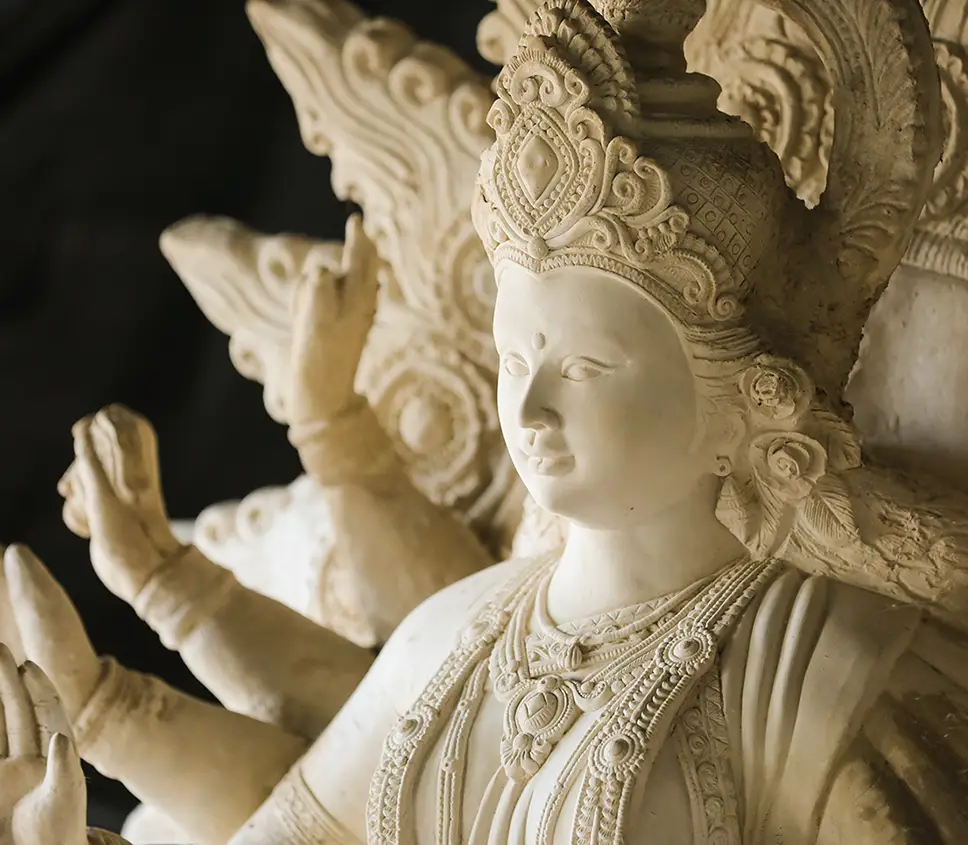
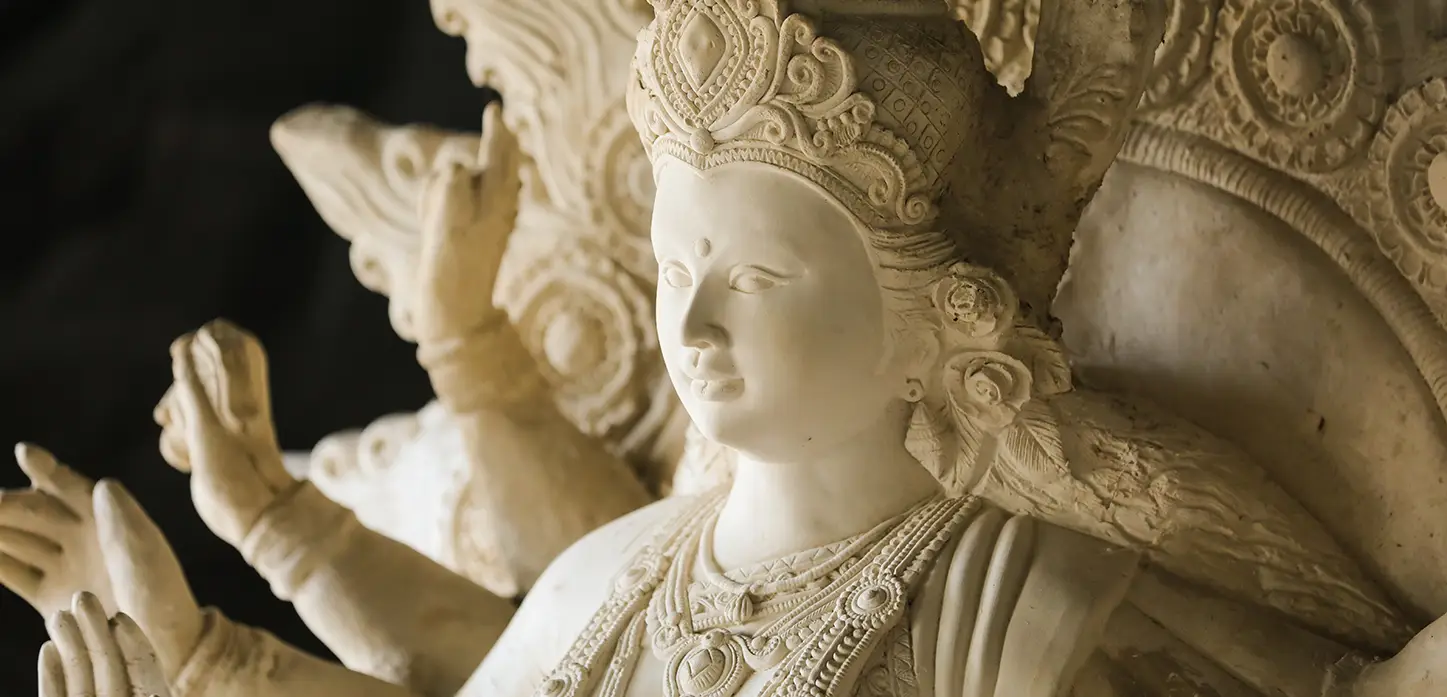
Course Schedule
Course Platform Opens
First Live Course Session
Second Live Course Session
Third Live Course Session
Fourth Live Course Session
Fifth Live Course Session
Sixth Live Course Session
Course Fees
$250
- Live video classes
- Access to recordings on course platform
- Course platform community and resources
- Participant launch of ongoing Community of Practice after the course
Accreditation
Meridian University is accredited by the Western Association of Schools and Colleges (WASC) - a higher education accreditor recognized by the United States Department of Education. WASC is also the accreditor for Stanford University, UCLA, and the University of California at Berkeley.
Frequently Asked Questions
Meridian’s online courses are conducted via the University's own learning platform, Pivot, as well as the Zoom video conferencing system.
Our online courses promote community learning, through strong interactive engagement with fellow students and faculty as well as live video sessions with faculty.
You will need an email account, a high-speed internet connection, and access to a computer, iOS or Android device.
If you are planning to attend the course video calls live, you will need a webcam and microphone for your device. (Course video calls are conducted with participants video-enabled.)
Live 75-min video sessions with faculty and fellow students will be conducted throughout the course. Each week's live video call will be recorded and posted on the course platform.
Video presentations, readings, discussions and learning activities will be accessible asynchronously and may be completed on participants' own schedule. Course resources and recordings will remain available up to 30 days after the close of the course.
Full refunds are available until two (2) days before the course begins, by request via email.
You do not need to apply to a Meridian graduate degree program to take this online course. This course is one of Meridian’s open-enrollment courses
The course support team will be available to assist from start to finish. Please send your questions/requests/issues to openenrollment@meridianuniversity.edu
Convening faculty generally lead each live session. Contributing faculty typically contribute in one of the live course sessions. Course resources address the work of both convening and contributing faculty.
Meridian has institutional and federal financial aid options for our graduate degree programs. This open enrollment course does not have financial aid or payment plans available.
Sky Asher, Meridian Graduate Student
